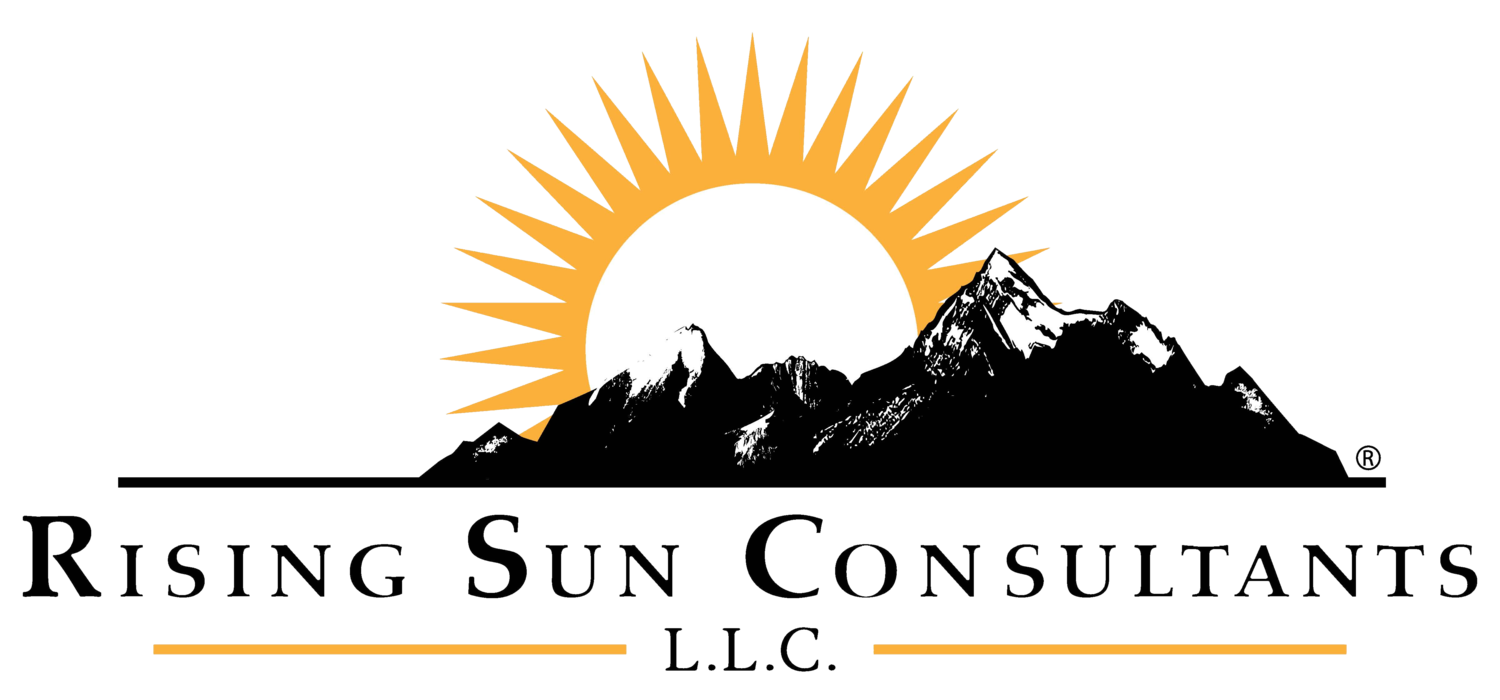By Jim Rowell, co-founder and CEO of Rising Sun
It’s been a difficult few years for employers. First COVID brought a host of operational challenges, and then, just as the world seemed poised to reopen, the Great Resignation struck. Over 47 million Americans left their jobs in 2021, and we saw companies struggling to determine the best path forward: increase wages? reduce hours? offer short-term incentives? The Great Resignation brought unprecedented challenges, but, as the Harvard Business Review (HBR) writes, it was “not just short-term turbulence provoked by the pandemic but rather the continuation of a long-term trend.”
While HBR predicts that this upward trend in resignations is “one that American employers are likely to be contending with for years to come,” we see an alternative—and changing that trajectory is what makes us eager to get to work each day!
For years, I’ve monitored a statistic that’s remained largely unchanged and that has, almost certainly, contributed to the Great Resignation: 67 percent of employees in the U.S. say they are disengaged or actively disengaged in the companies where they work. It’s a short step between disengagement and resignation.
Nineteen years ago, this statistic was a key motivator in launching Rising Sun. At the time, I was overseeing professional development for 1,600 employees at the Milton Hershey School. Before that, I had spent more than a decade working in residence life for colleges and universities. Across these diverse settings, people came to me with frustrations, hurts, and challenges—and very few of them related to the job. Nearly all the complaints I fielded were about how supervisors interacted with staff members.
Perhaps like you, I’d had my own share of experience with supervisors, both good and bad. As I reflected on what made my best supervisors so effective, I realized that they didn’t emphasize their power or authority. Instead, they were servant leaders who asked me, “How can I care for you so that you can be crazy successful in what you do?” They had the foresight to realize that if their team members were crazy successful, good things would come for everyone.
People are longing for this style of leadership, and it’s no surprise. Who doesn’t like the idea of being valued, respected, treated with dignity, and cared for? Yet many supervisors don’t operate that way. A lot of people lead in a dictatorial, controlling manner because that’s what they’ve been exposed to or they fear that anything less may be perceived as weakness and permissiveness. They may not even like operating that way, but they don’t realize there’s an alternative—and Rising Sun is working to change that.
In 2007, I co-developed The 10 Keys of Effective Supervision™, a curriculum (and later a book) that set a radically different course, asserting that work could be engaging and supervisors could hold staff members accountable, even while caring deeply about people as well as production.
For nearly two decades, I’ve walked alongside companies to put these principles into practice. I’ve seen companies flourish as they care for their employees more deeply. One supervisor came to me because he was receiving an endless litany of complaints from his staff. When we met, this man came across as warm, approachable, and relational, yet he confessed he hadn’t learned even his team members’ names, much less anything about them. As we explored the why behind that approach through coaching, it wasn’t because he was callous or uncaring. He believed that effective management required substantial distance between supervisors and employees, because this was what leaders in his own life had modeled. When I suggested that as a leader, the people are your work, this was a huge philosophical and practical shift. The supervisor was gratified to see complaints plummet as he spent time with his team members every day, asking and then listening to how they were doing—not just professionally but personally.
Another company came to me with extremely high turnover rates. “I’ve had to hire 90 people in the last few months just to keep 30,” the owner said. The team was willing to put in the work, participating in monthly executive team coaching and 1:1 coaching in the 10 Keys of Effective Supervision™ for the company’s top 12 leaders. Those leaders caught the vision of servant leadership, and they shifted their leadership style. Gradually, the company’s culture began to shift, and within a year, they celebrated a month with zero turnover.
I’ve seen workplaces transformed by the principles of servant leadership—yet it isn’t just workplaces that are impacted. At the end of the day, if we can impact people’s work lives, they will be better employees, neighbors, community members, moms, and dads. They will go home and pour into people around them instead of going home exhausted and miserable. If you want to change the world, start by changing the workplace.
Servant Leadership Starts With You
If you’re interested in coaching to see how the life-changing principles of servant leadership could alter your workplace trajectory, reach out to Rising Sun and start the conversation. We believe the best for your people and your organization is on the horizon.
Source Material:
1https://hbr.org/2022/03/the-great-resignation-didnt-start-with-the-pandemic
2https://www.gallup.com/394373/indicator-employee-engagement.aspx

